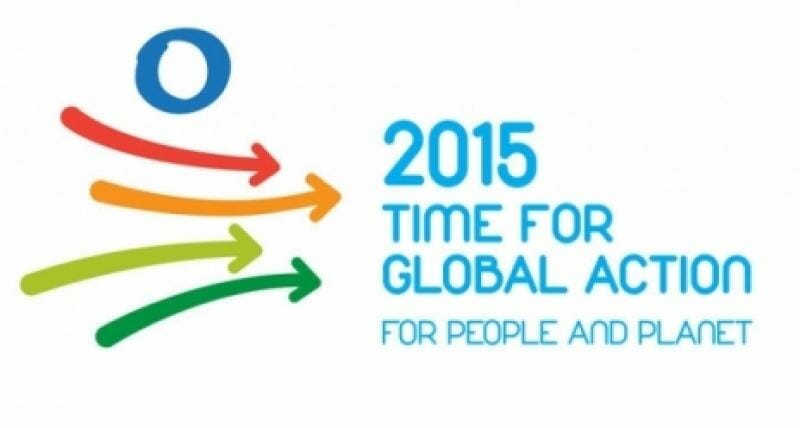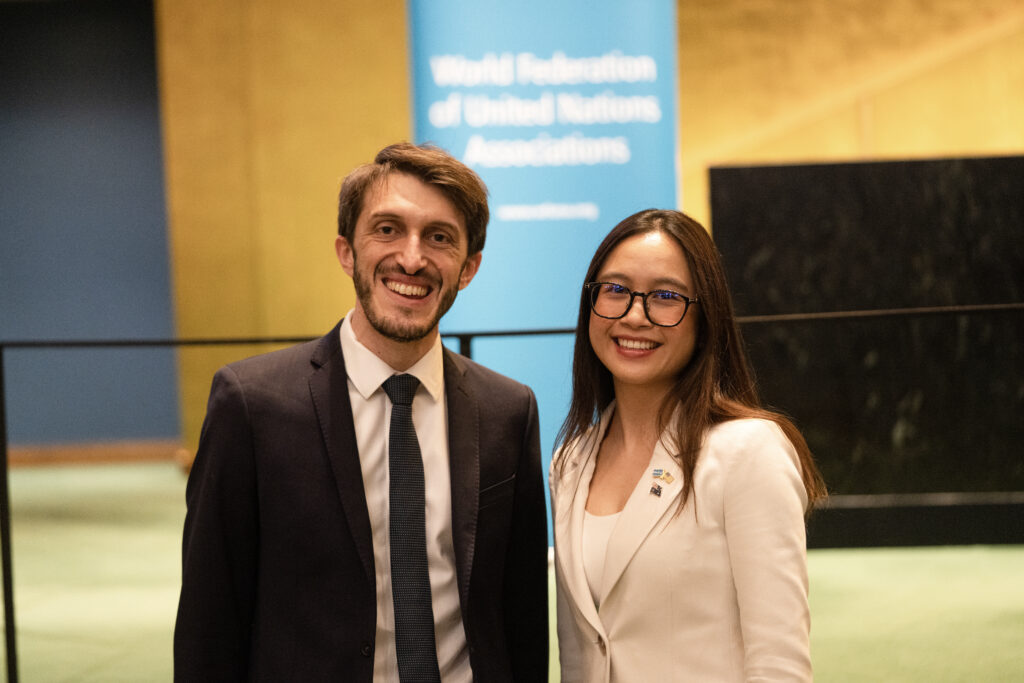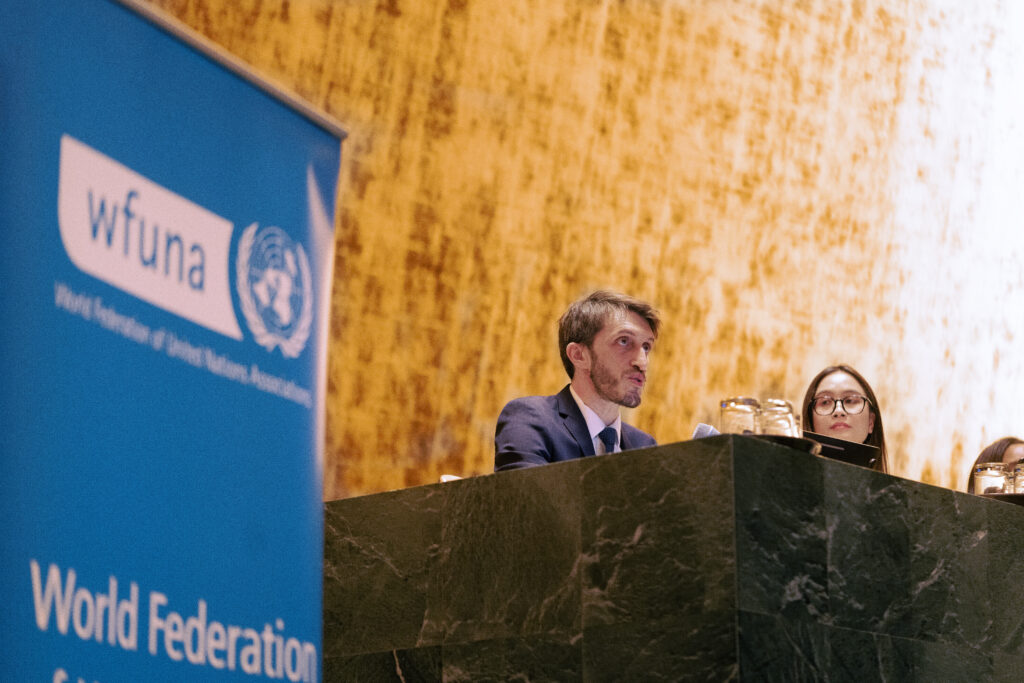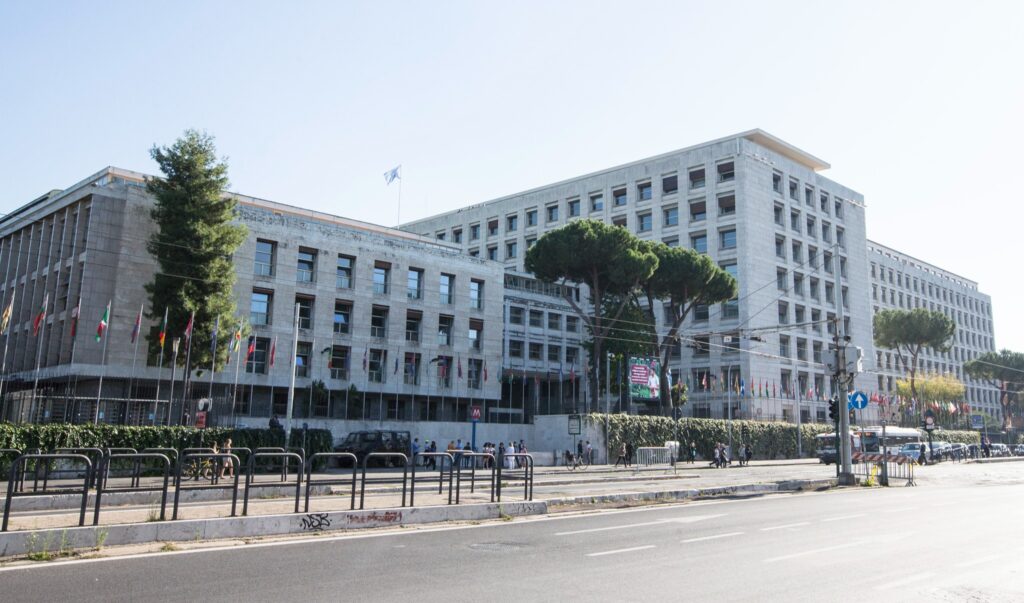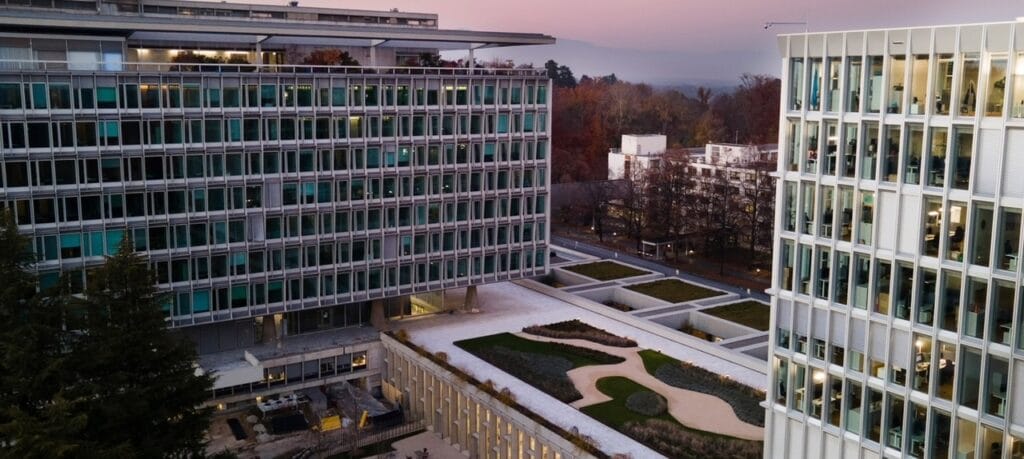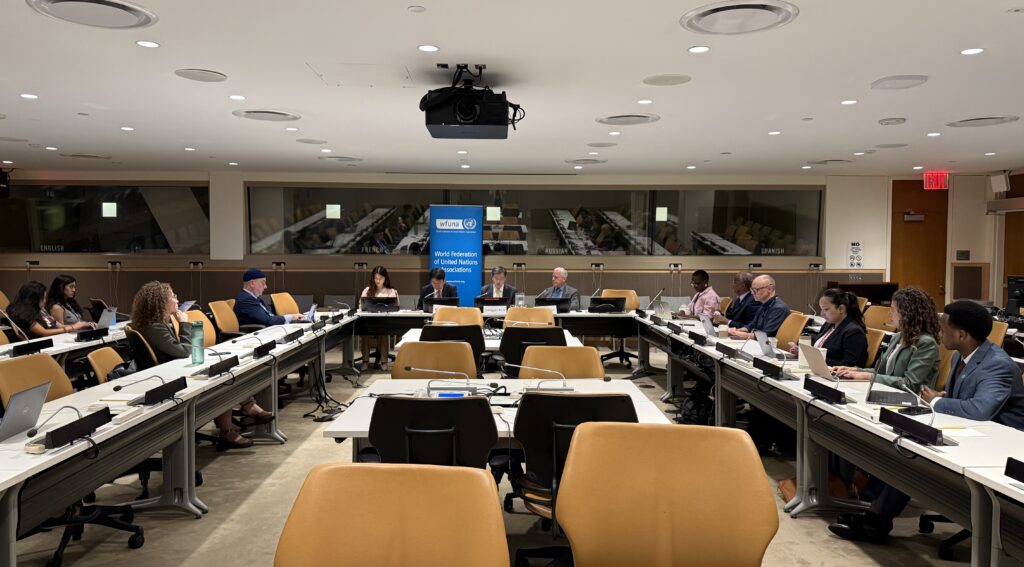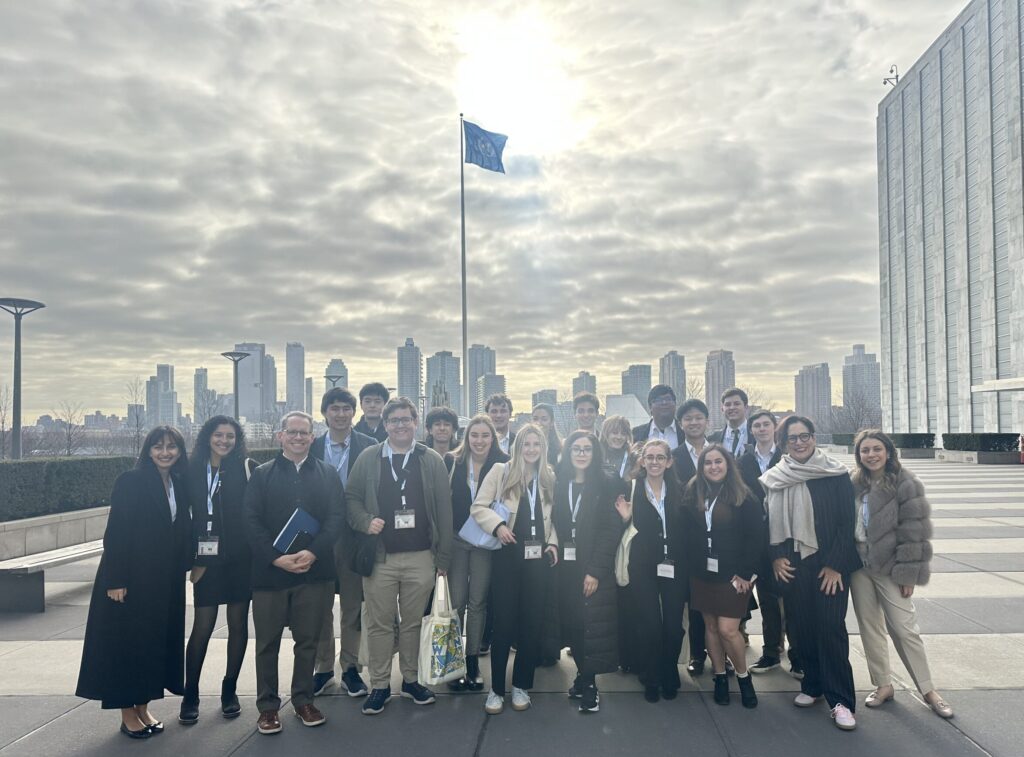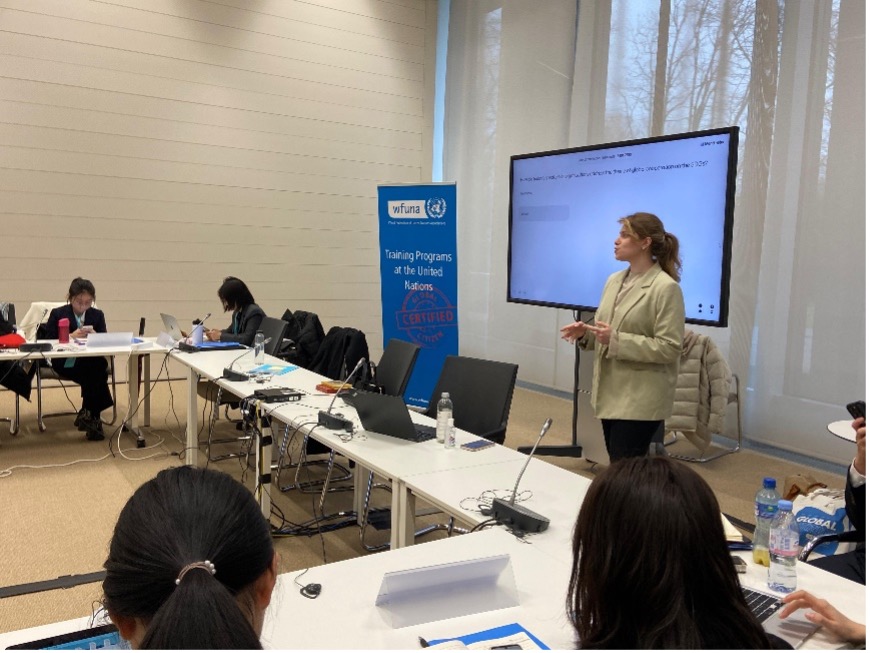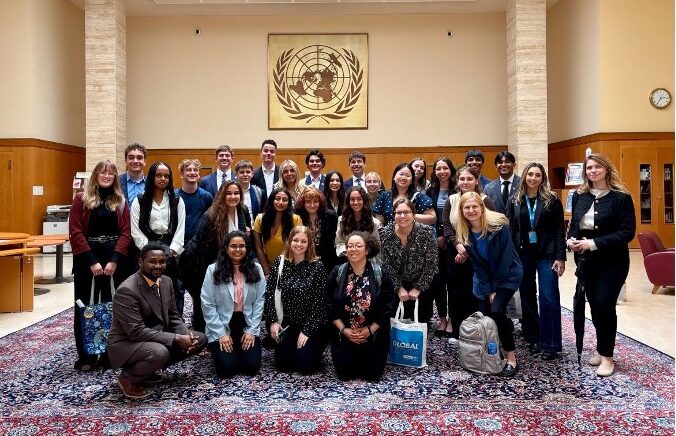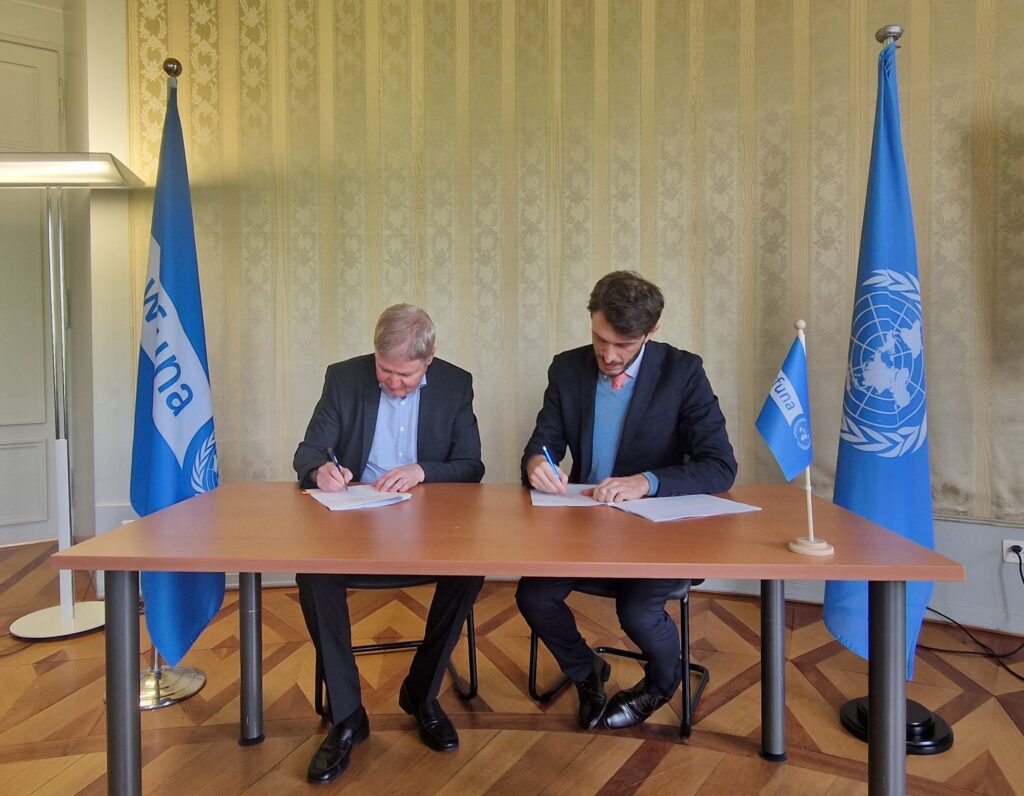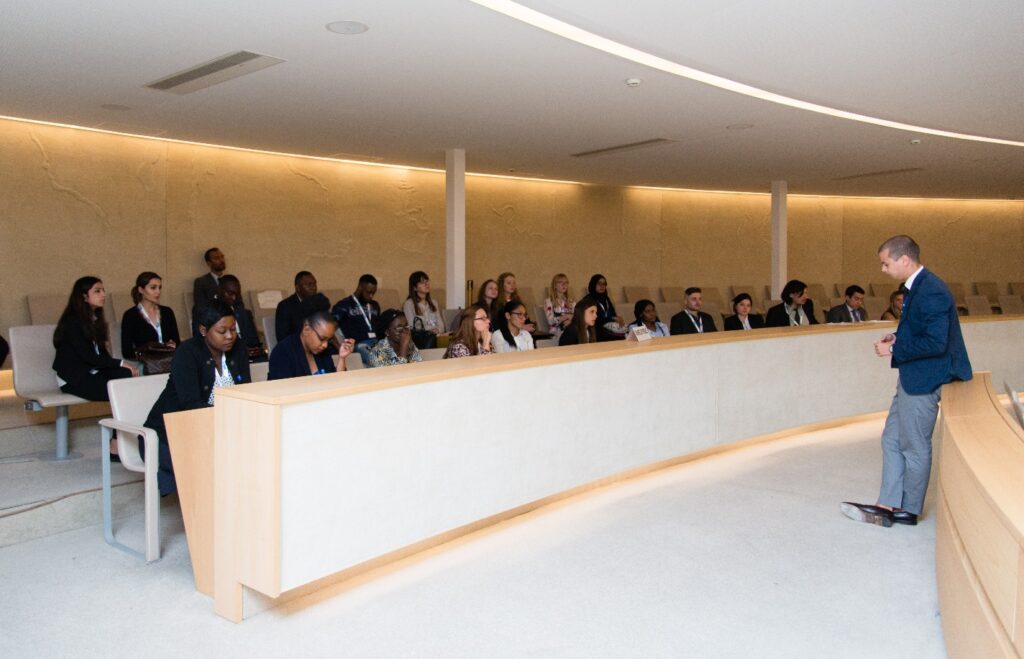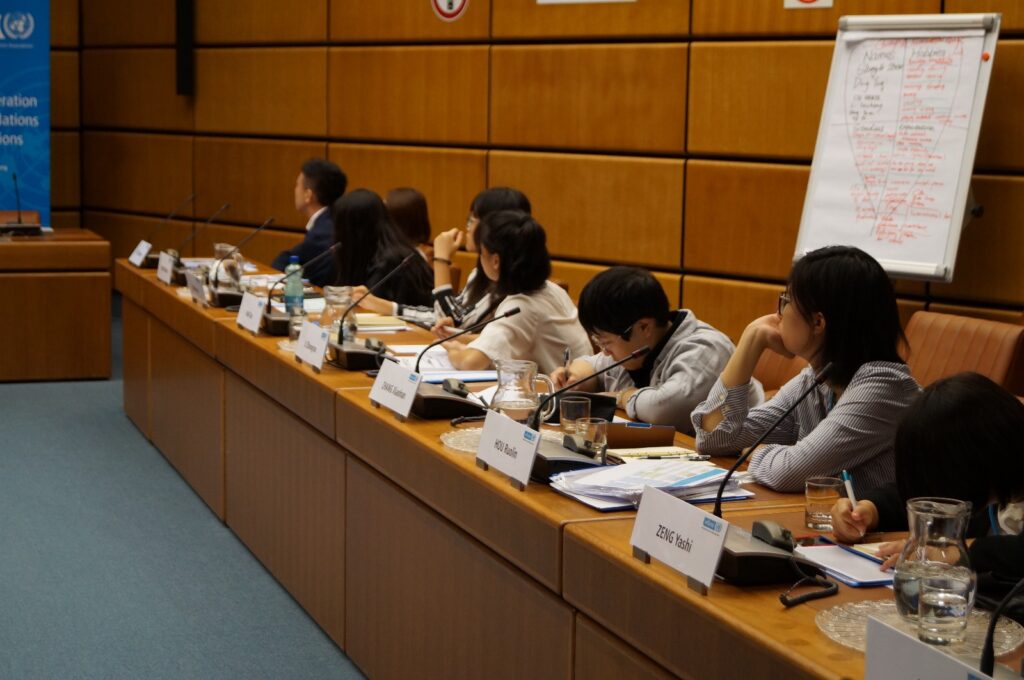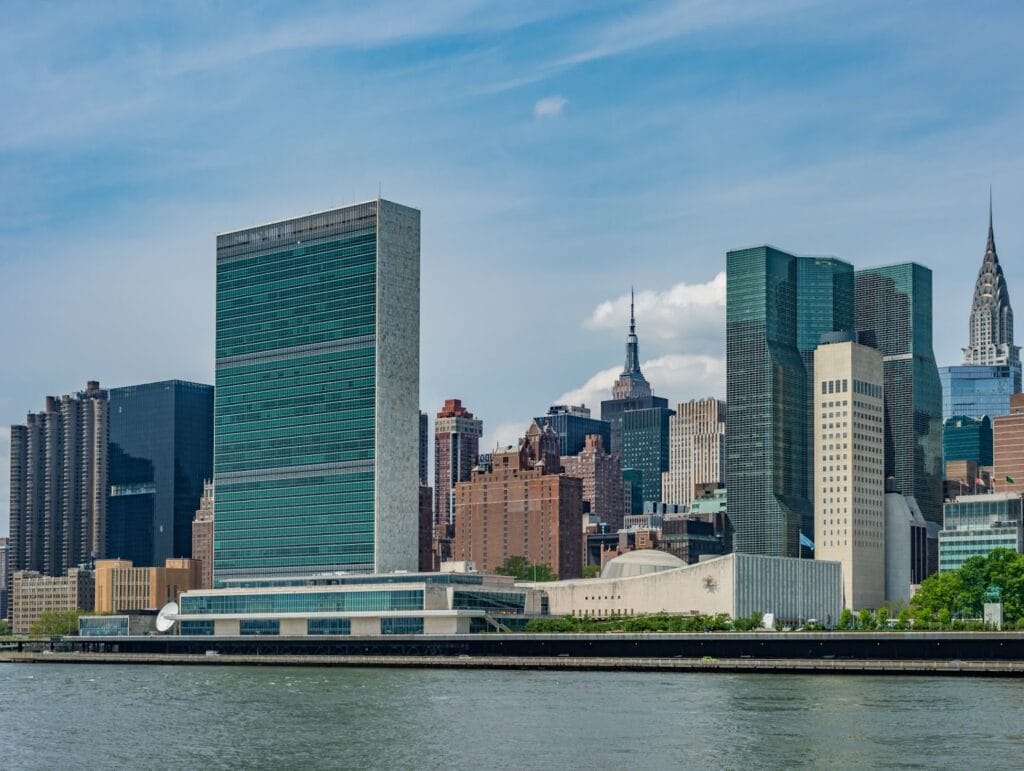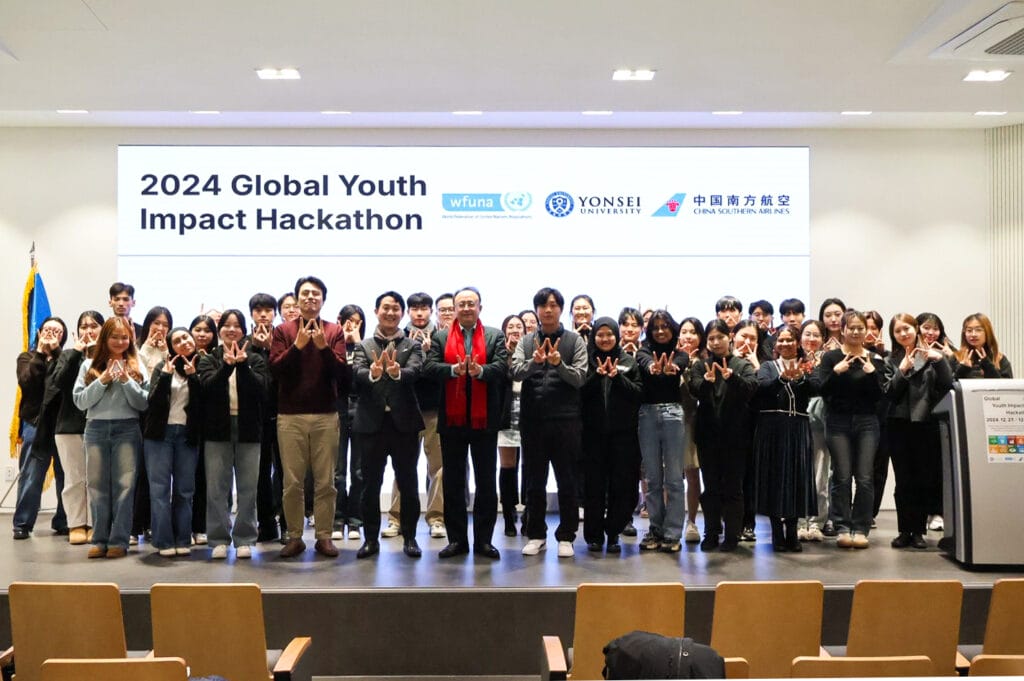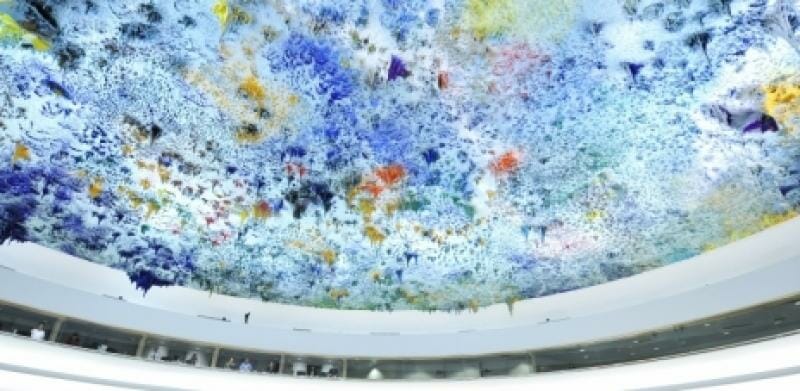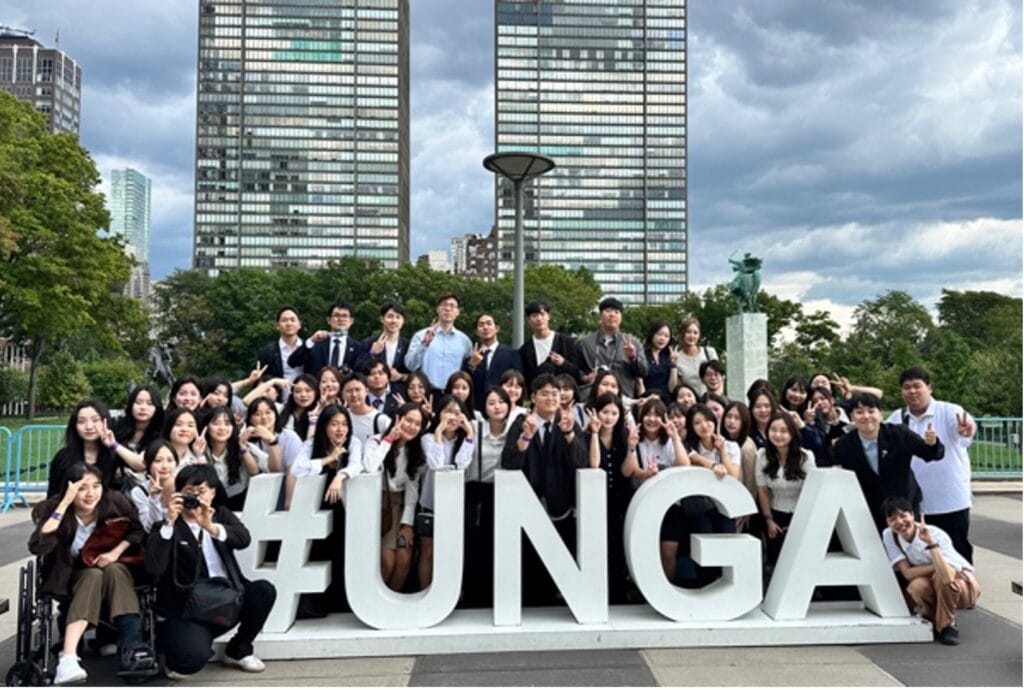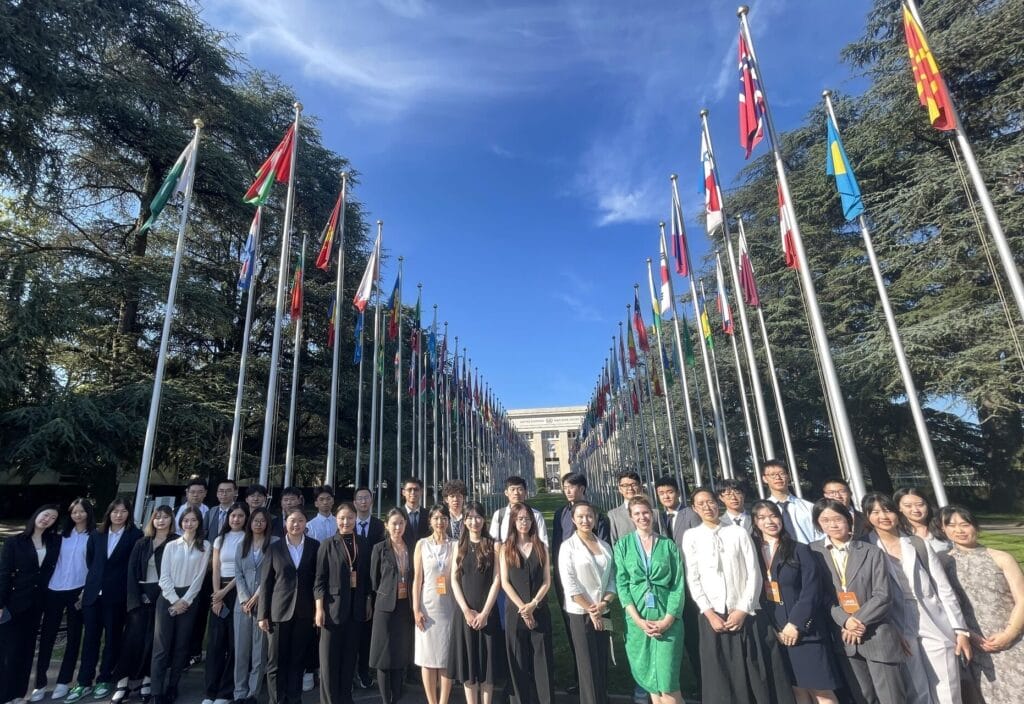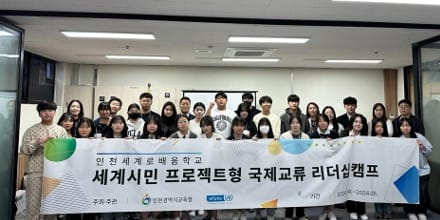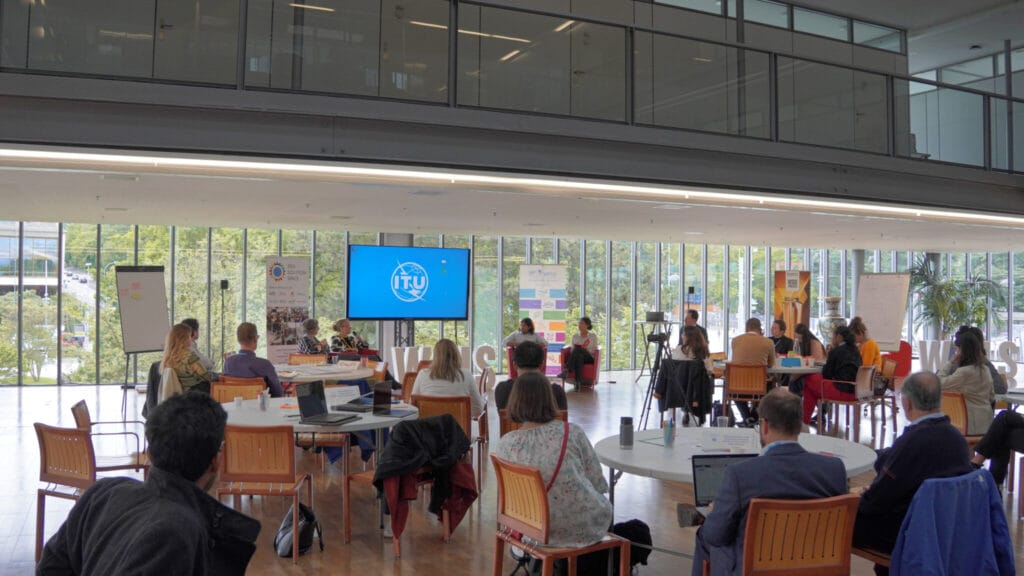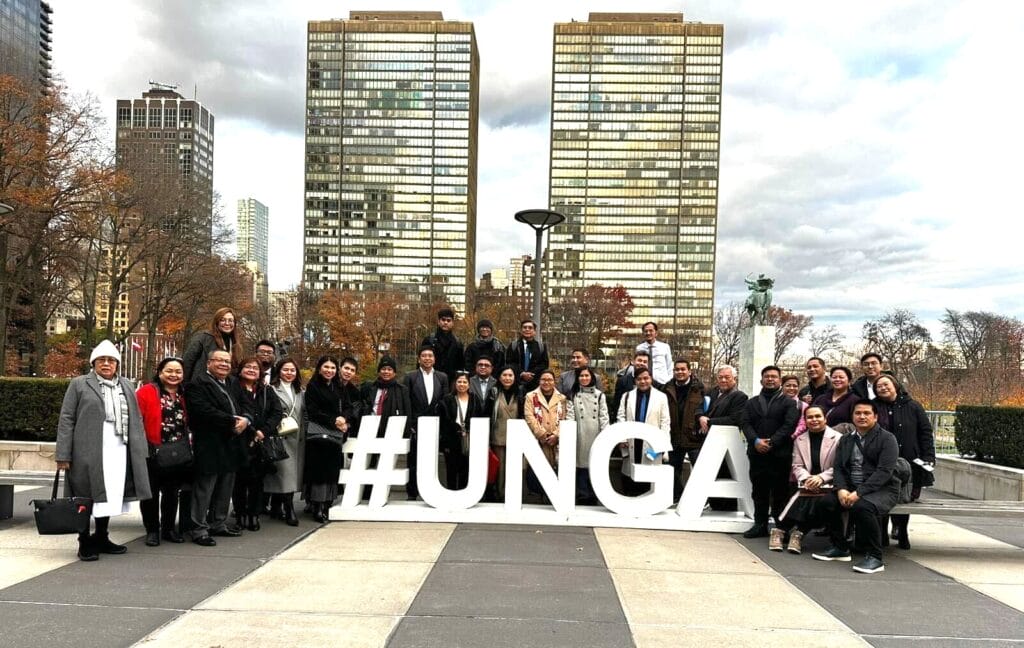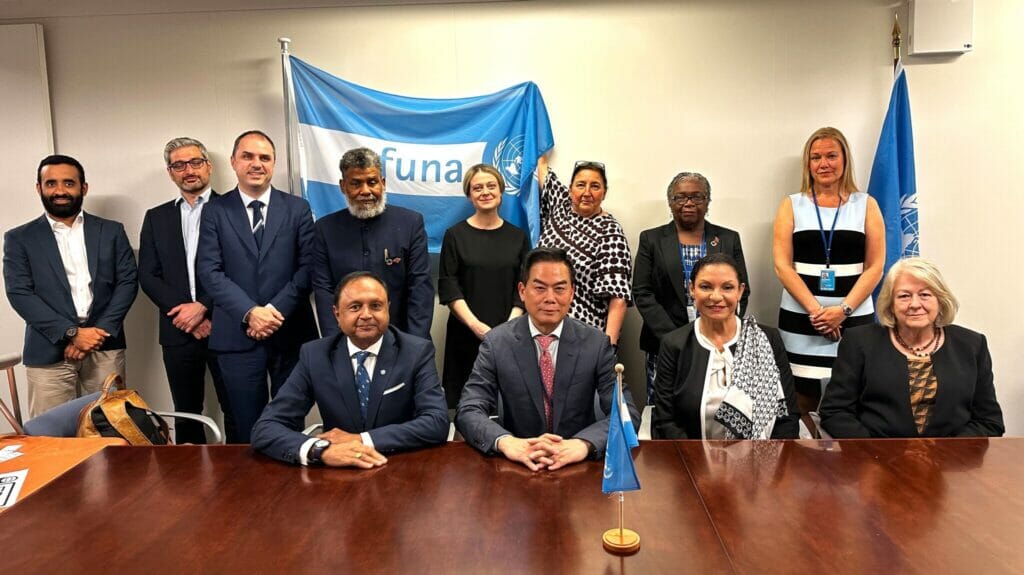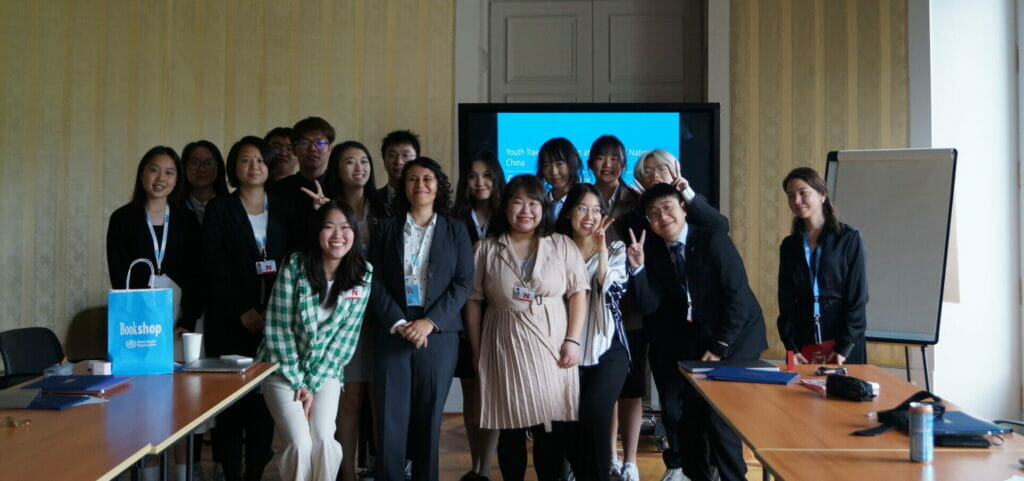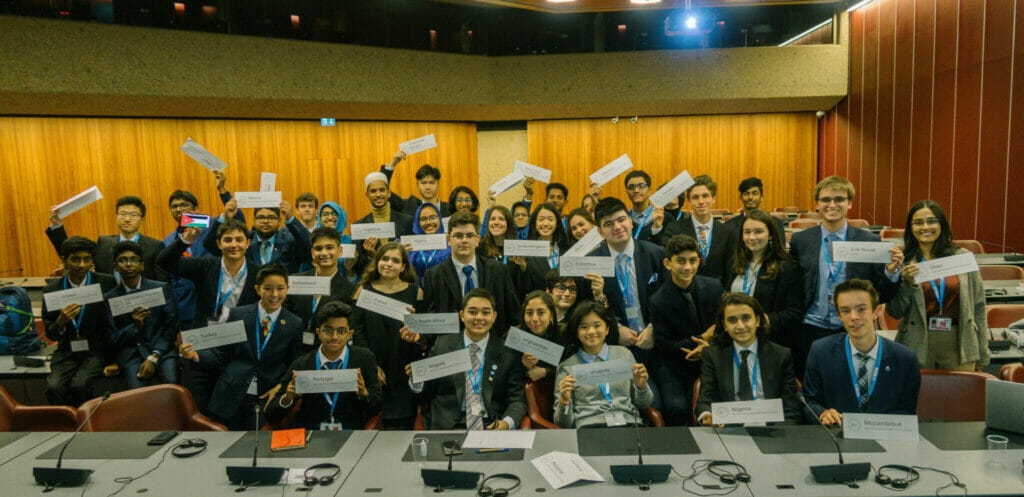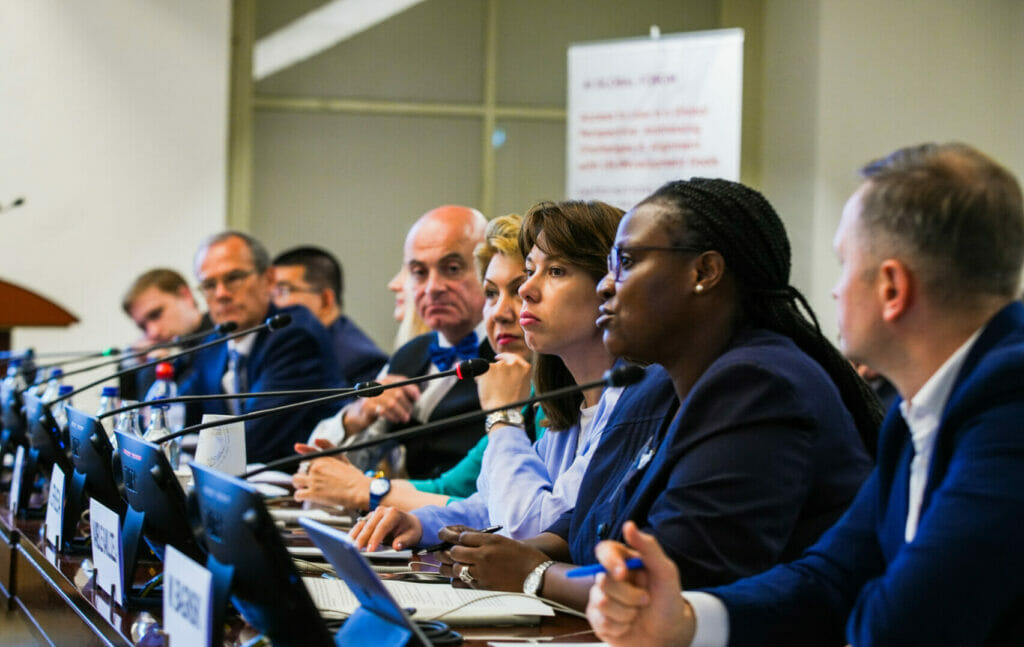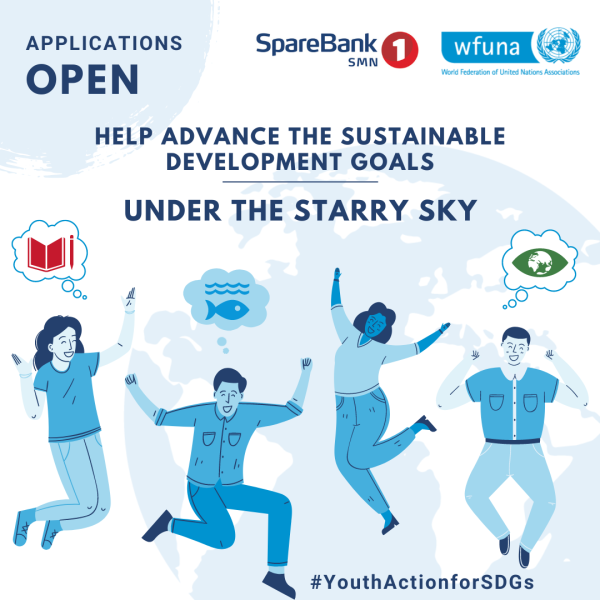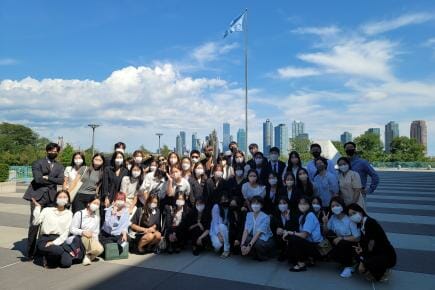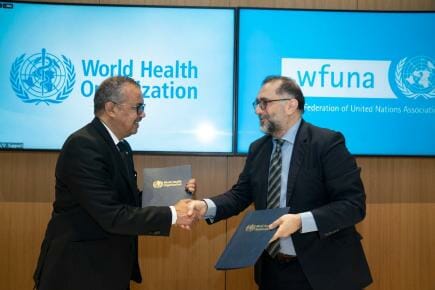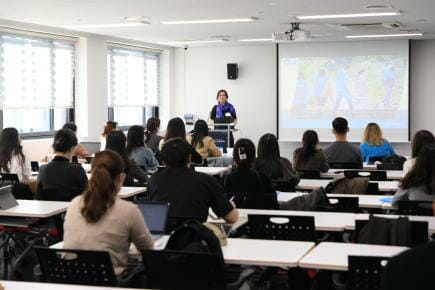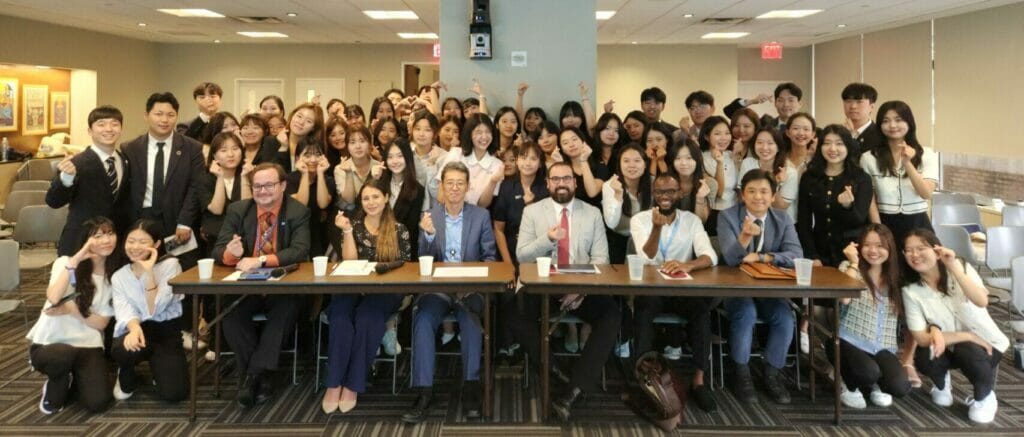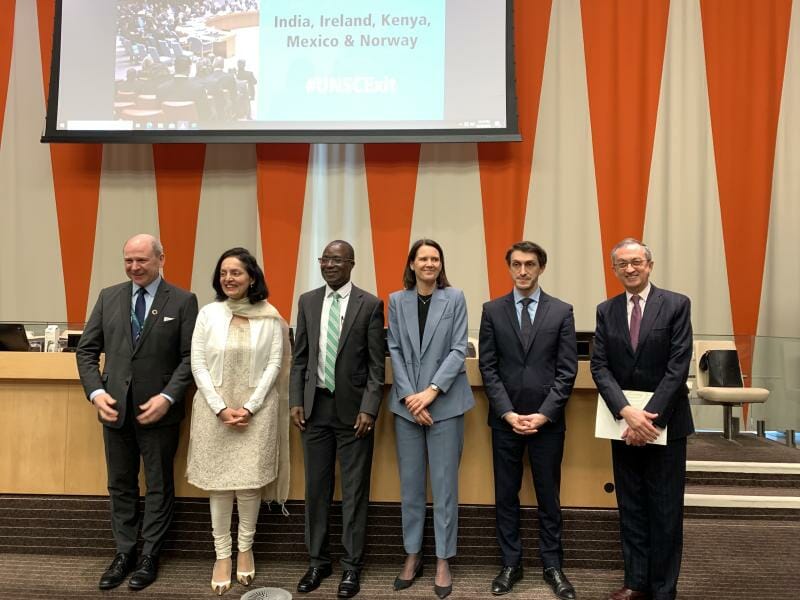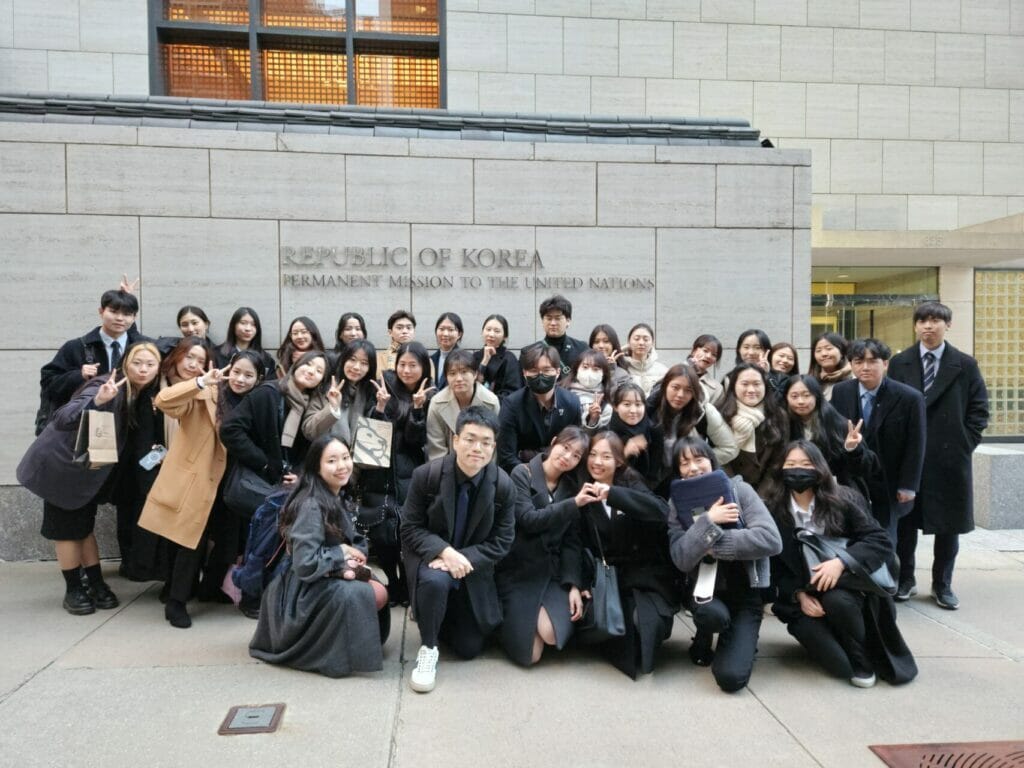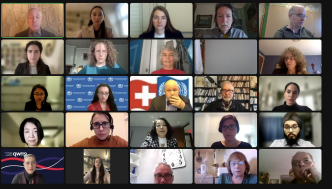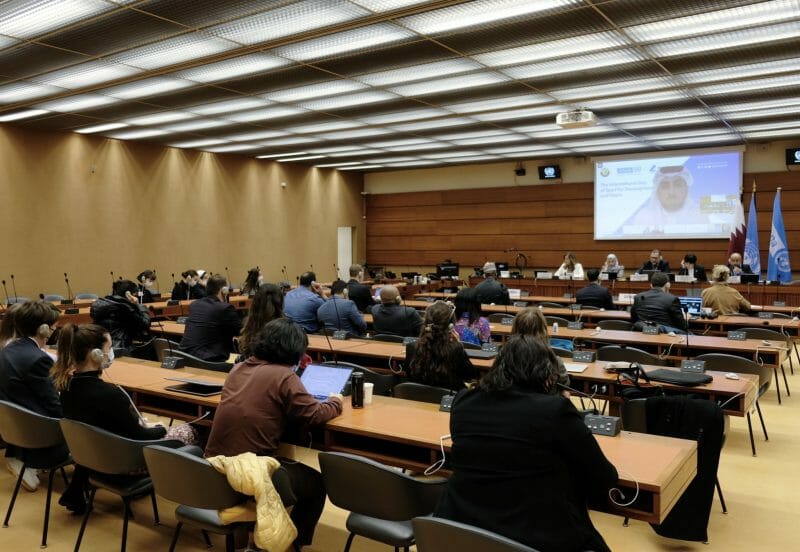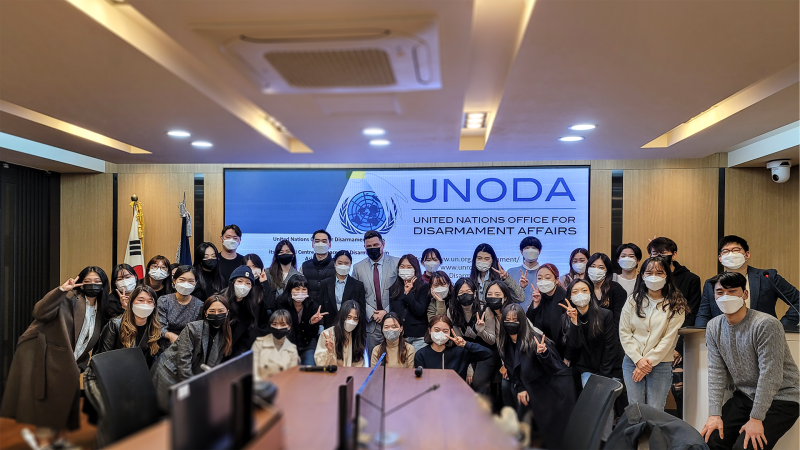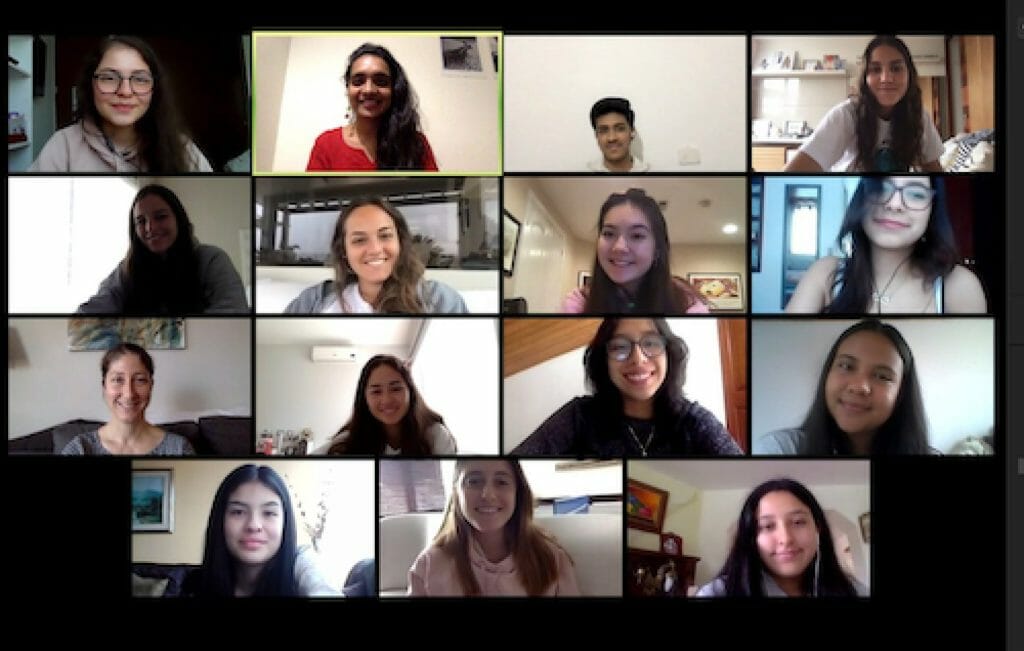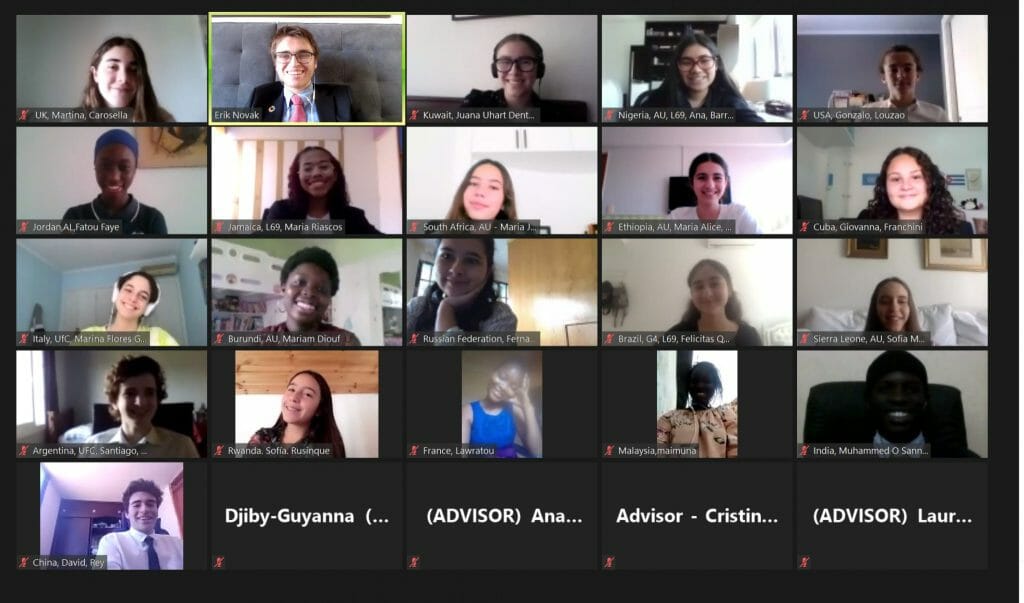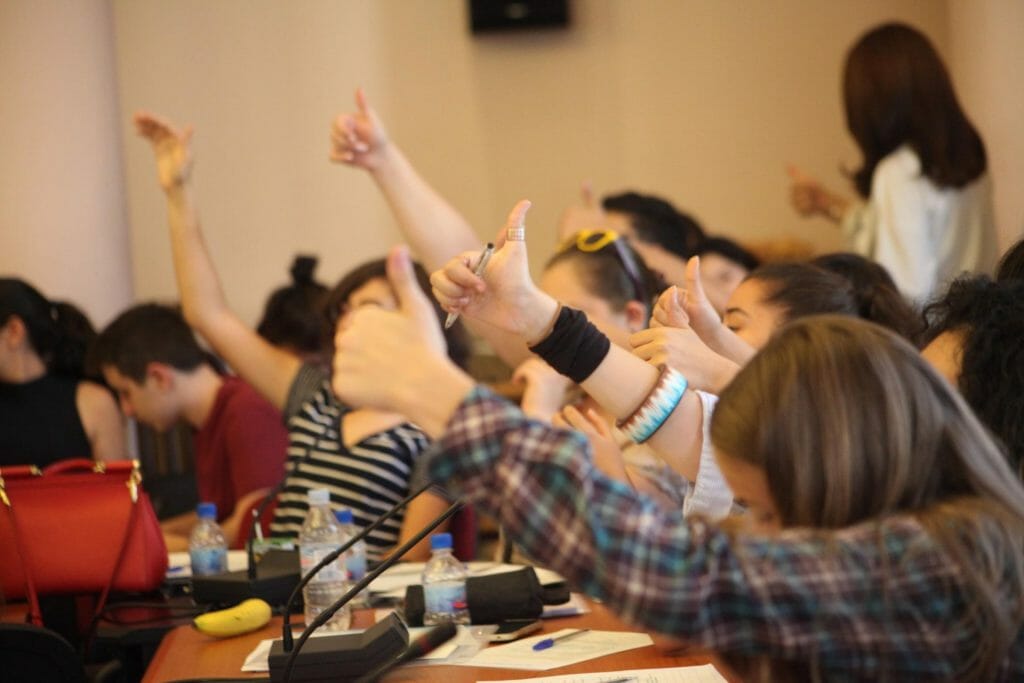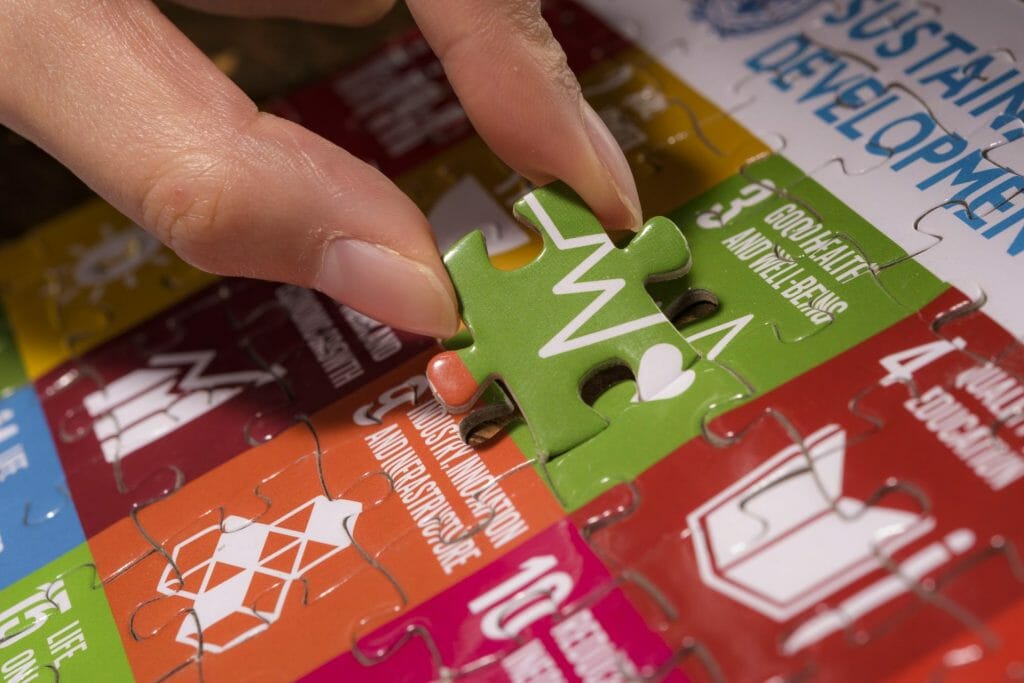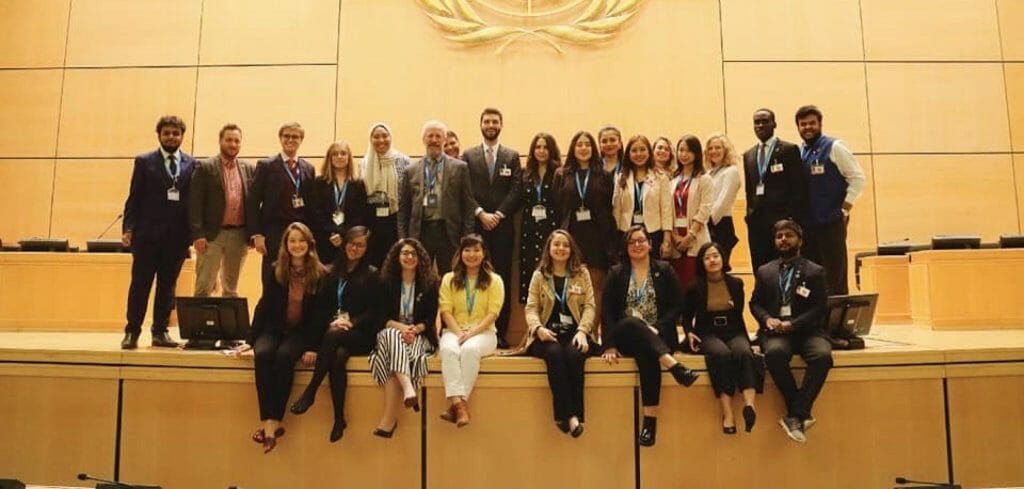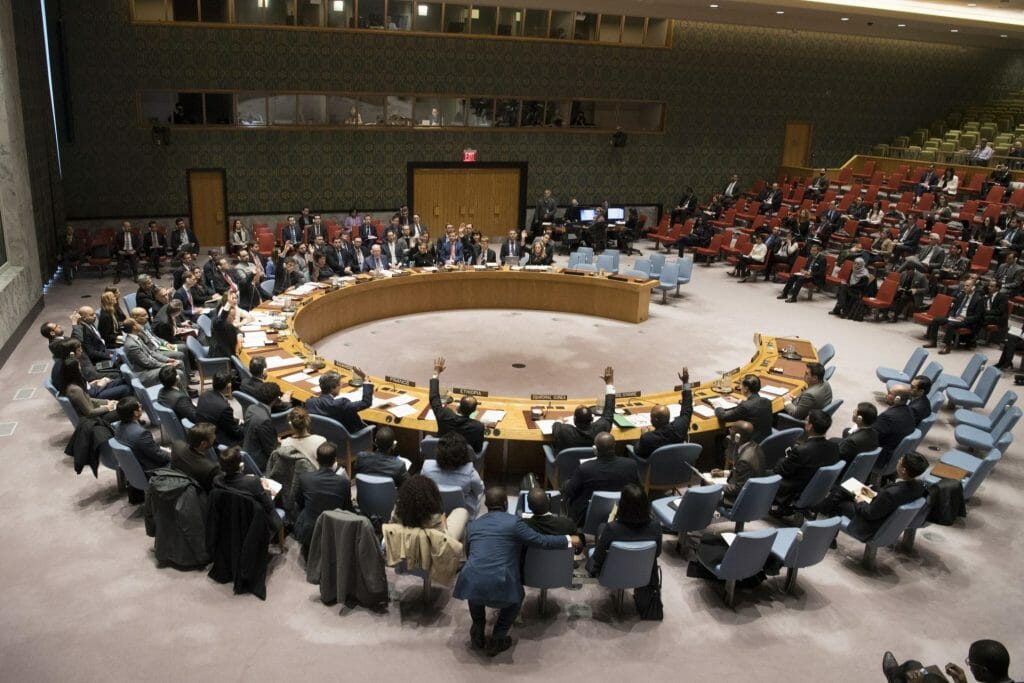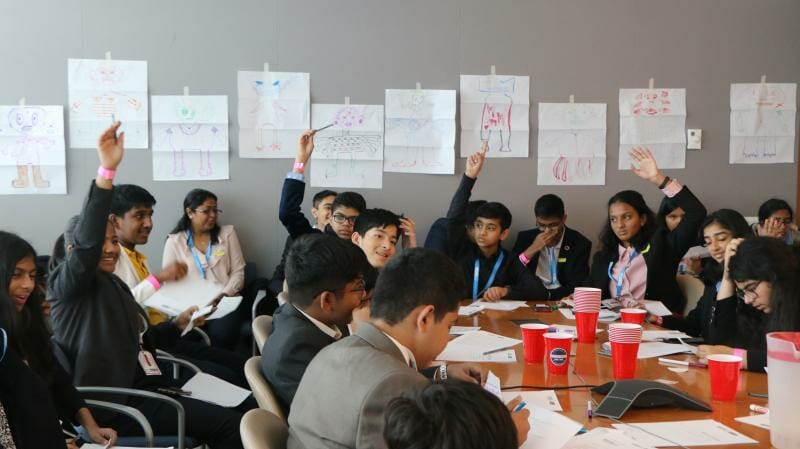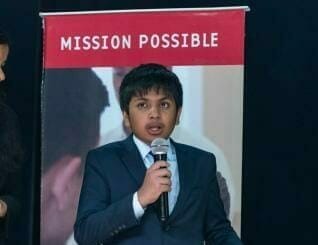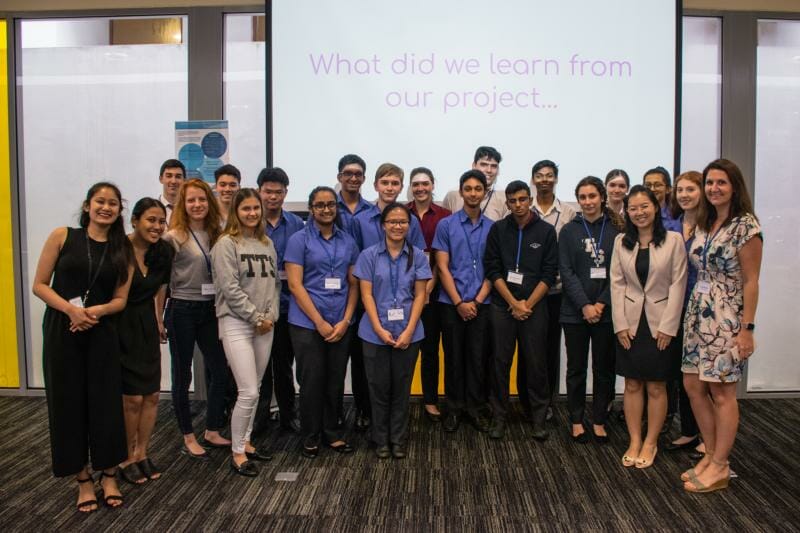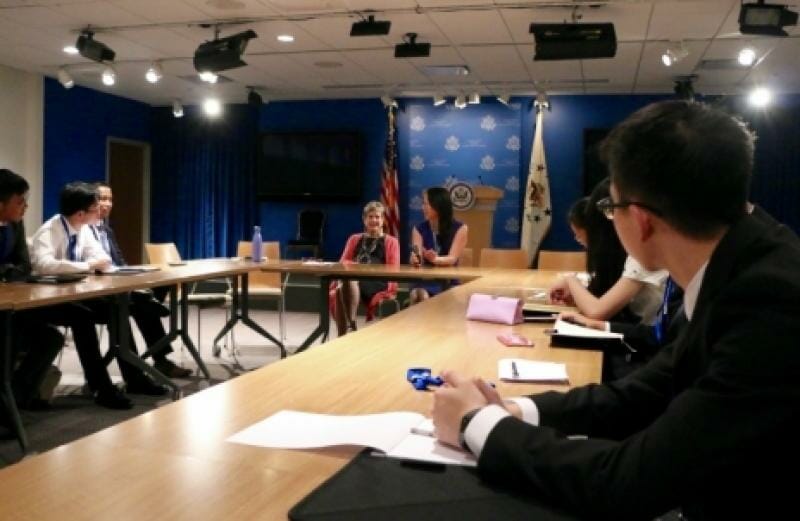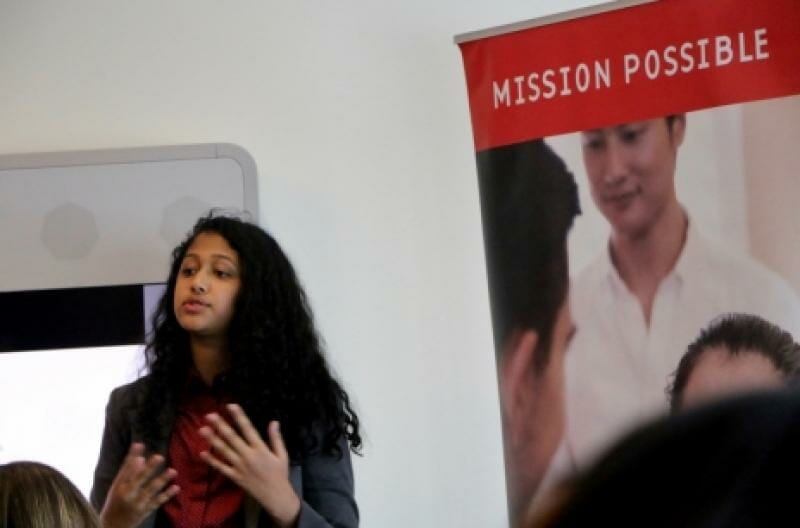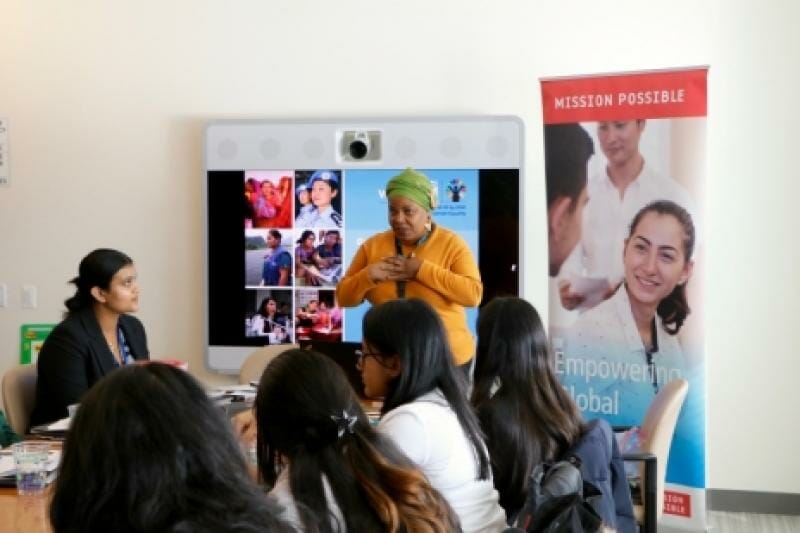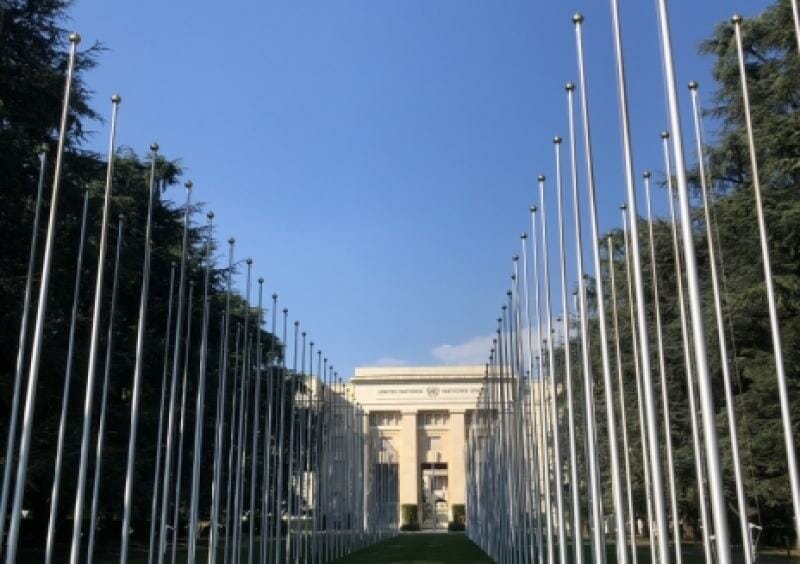THURSDAY, DECEMBER 4, 2014
On December 4, UN Secretary-General Ban Ki-moon presented to Member States his “Synthesis Report on the Post-2015 Agenda,” the highly anticipated 47-page report detailing the full range of inputs that will contribute to the upcoming year’s intergovernmental negotiations, culminating with the adoption of the agenda in September 2015.
The report sets the stage by reflecting on lessons learned over the UN’s past 20 years of development experience. It recognizes that though great progress has been made, inequality, poverty and disease persist. It follows with an ambitious call for action to achieve sustainable development: “We have the know-how and the means to address these challenges. But we need urgent leadership and joint action now,” the report reads.
The Synthesis Report praises the work of the Open Working Group on the Sustainable Development Goals (OWG) and other bodies that were established to design the post-2015 agenda. It is clear that the OWG’s proposed 17 SDGs will be the main basis for the intergovernmental process. Of the themes in the SDGs, climate change is mentioned 22 times in the report – more than ‘justice,’ ‘peace,’‘equality’ and ‘health.’
The Secretary-General proposes “six essential elements” for delivering the SDGs: Dignity, People, Prosperity, Planet, Justice and Partnership. These six elements aim to facilitate the deliberations of Member States ahead of the World Summit on Sustainable Development in September 2015 and enable them to arrive at a concise and aspirational agenda. The report does note the possibility of maintaining the 17 goals, but rearranging them in a “focused and concise manner that enables the necessary global awareness and implementation at the country level.” Inequality is a noted absence from the six elements, which civil society has pushed for to be at the core of the agenda.
Initial reactions to the report by Member States were very positive, though those who commented consistently emphasized the importance of means of implementation, global partnership and sufficient financing. Turning these themes into practical guidance, which is crucial for the success of the SDGs, is still lacking.
Post-2015 intergovernmental negotiations will continue on a monthly basis through 2015 until the summit in September, when world leaders are expected to gather to unveil the global development agenda for the next 15 years.
–Ryan Laddey, WFUNA’s Sustainable Development Officer


